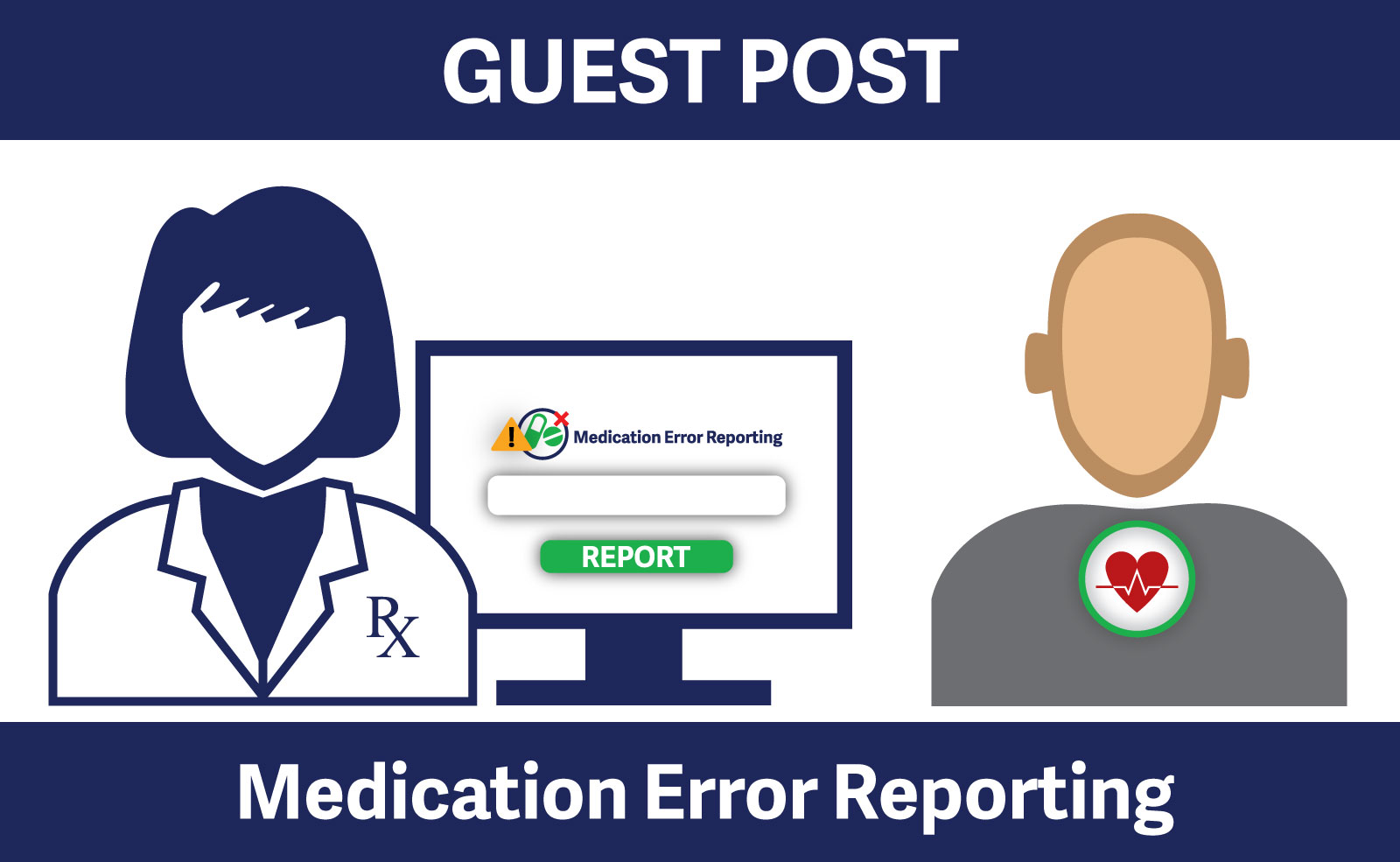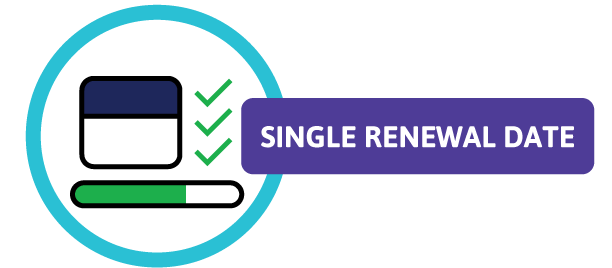Guest Post: Mandatory Medication Error Reporting
I was first introduced to medication errors last year when my 8 year old son, Andrew, died suddenly. For 4 1/2 months, we didn't know what happened to Andrew, why he died, until the coroner told us that Andrew’s daily medication was not his prescribed Tryptophan, but was entirely Baclofen. This made us extremely angry and we relived the trauma of the morning of March 13, the day he died. My anger made me research about how often this happens and what would happen at the pharmacy level. I soon discovered that there was no requirement to report their substitution error to anyone.
I began a petition requesting that Ontario’s Minister of Health mandate that all pharmacies report their errors to a third party for collection of aggregate data and analysis. I also started to advocate on social media and began a Facebook page called “Andrew’s Allies”. I began both the page and petition in September 2016 and with the help of my local politicians and the support of local and national media, word spread quickly. In November 2016, our family met with our Minister of Health and he instructed the Ontario College of Pharmacists to create a medication incident reporting program whereby all pharmacies in Ontario will be mandated to anonymously report all incidents, including near misses, to a third party for data collection and analysis. The Ontario College of Pharmacists contacted me in January 2017 and invited me to be a part of the task force to begin putting the program together and to share my story as to why the program is necessary. The Council of the College in Ontario unanimously voted in favour of the program and it is beginning its implementation now and will be complete by December 2018.
Data analysis, and the learning that comes from that analysis is key to minimizing human error. Without learning from errors, collecting data is useless. Anonymous reporting removes the human component and looks solely on the events and environment of the incident. Allowing the analysis to critique the work leads to more feedback, which improves the practice.
This program, which is currently spreading across the country, is shifting the culture of pharmacy. There is a need to spread the error reporting programs across the country so that we can make an already safe health care system, safer. Collaboration among the provinces is key to this, learning and sharing across regulators and legislators so that best practices are being shared.
Andrew was an avid swimmer, sports lover and although soccer was his favourite, he knew the standings of many teams in hockey, baseball and basketball. He played hard and loved hard.

My goal for British Columbia, this country and these mandatory medication incident reporting programs is that no family has to endure the trauma that my family has, but also that the public has access to the safest health care system possible.
At its November 2017 meeting, the College Board directed the Registrar to explore potential alternatives to the College’s existing quality management requirements, including a standardized quality management program that includes mandatory medication error reporting to an independent third party.
For more on this decision, please read our November 2017 Board Highlights.
About the Author

Melissa Sheldrick is foremost a wife, mother, teacher and patient safety advocate whose 8 year old son Andrew died in March 2016 because a lethal medication was substituted for his daily medication. When she discovered that there was no required reporting of the error made at the pharmacy, she began her patient advocacy work with the goal of having mandatory error reporting implemented in Ontario, and across the country. She vows to continue until all provinces in Canada mandate anonymous incident reporting to a third party for analysis and feedback.
- Guest Post


 Share
Share



